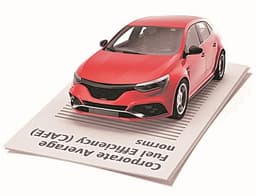Home / Business and Economy / New Wage Code Squeezes Take-Home Pay
New Wage Code Squeezes Take-Home Pay
22 Nov
Summary
- Provident fund and gratuity contributions will increase.
- New wage code mandates basic salary be at least 50% of CTC.
- Employees may see a dip in take-home salary due to higher contributions.

The recently implemented Code on Wages in India introduces a significant shift in salary structures, requiring basic pay to comprise a minimum of 50% of an employee's total cost-to-company (CTC). This foundational change directly impacts mandatory retirement savings, as provident fund (PF) and gratuity calculations are based on basic salary. Consequently, both employee and employer contributions to these funds are expected to rise.
While the increased contributions bolster long-term retirement security, the immediate effect for employees may be a reduction in their take-home pay. This is because a larger portion of the CTC will be allocated to PF and gratuity, potentially leading employers to adjust other allowances. The government is expected to notify the specific rules within the next 45 days, after which establishments must adapt their salary configurations.
Experts note that this reform aims to standardize wage definitions across labor codes, ensuring consistency in social security benefit calculations. The new definition of wages, including basic pay and dearness allowance, is designed to provide better retirement benefits. However, the trade-off for enhanced savings could be a decrease in immediate disposable income for workers.




